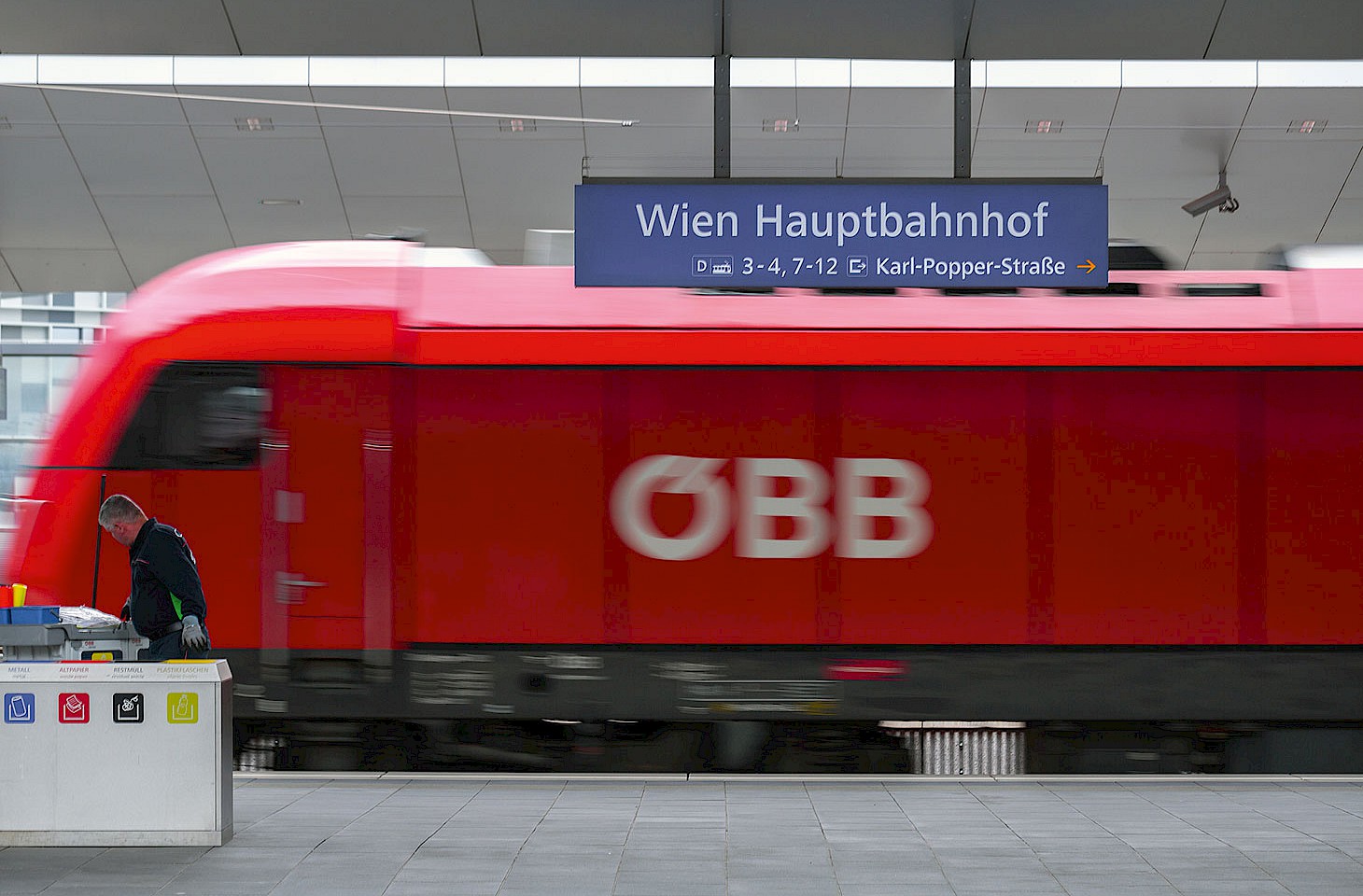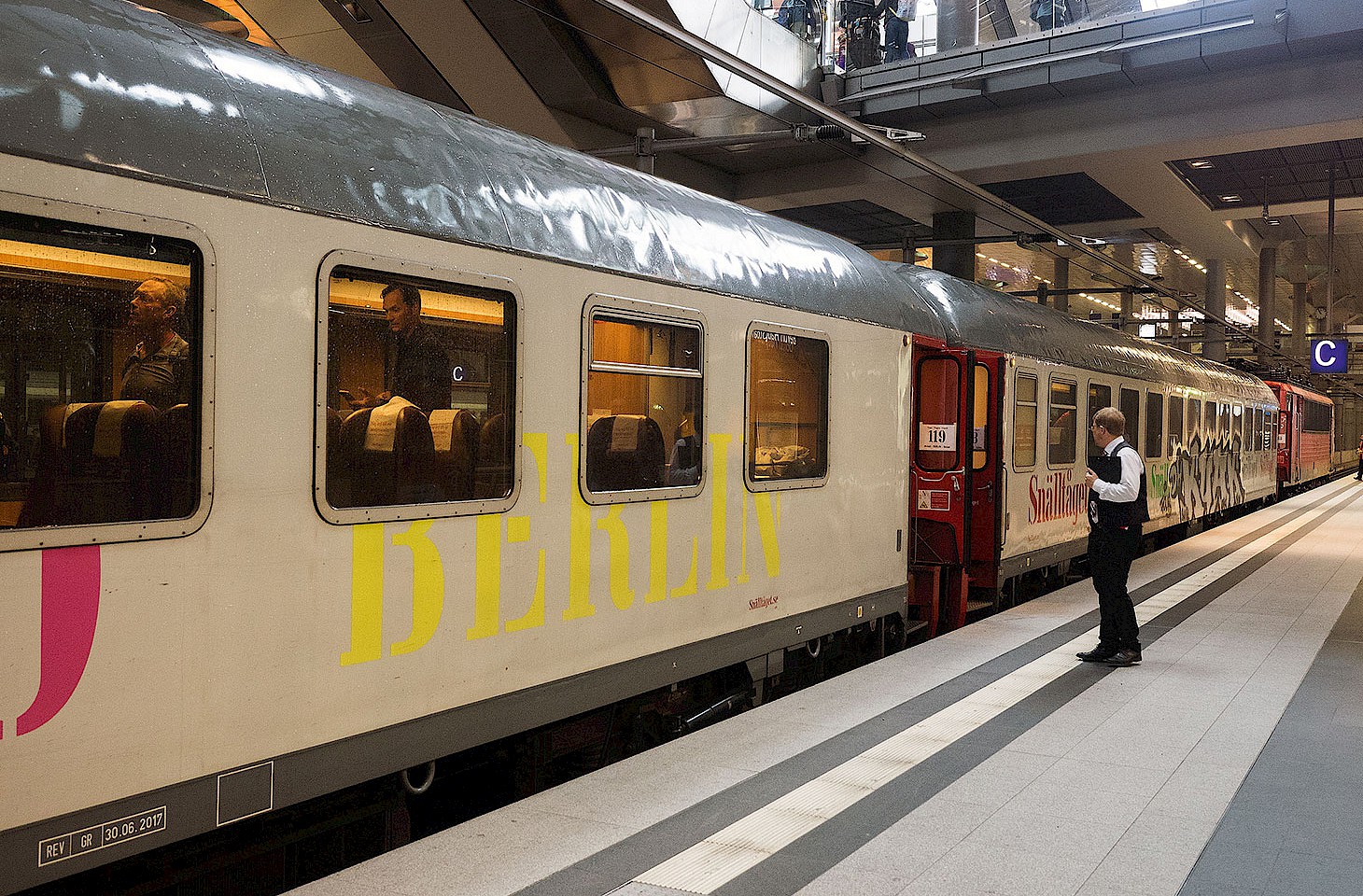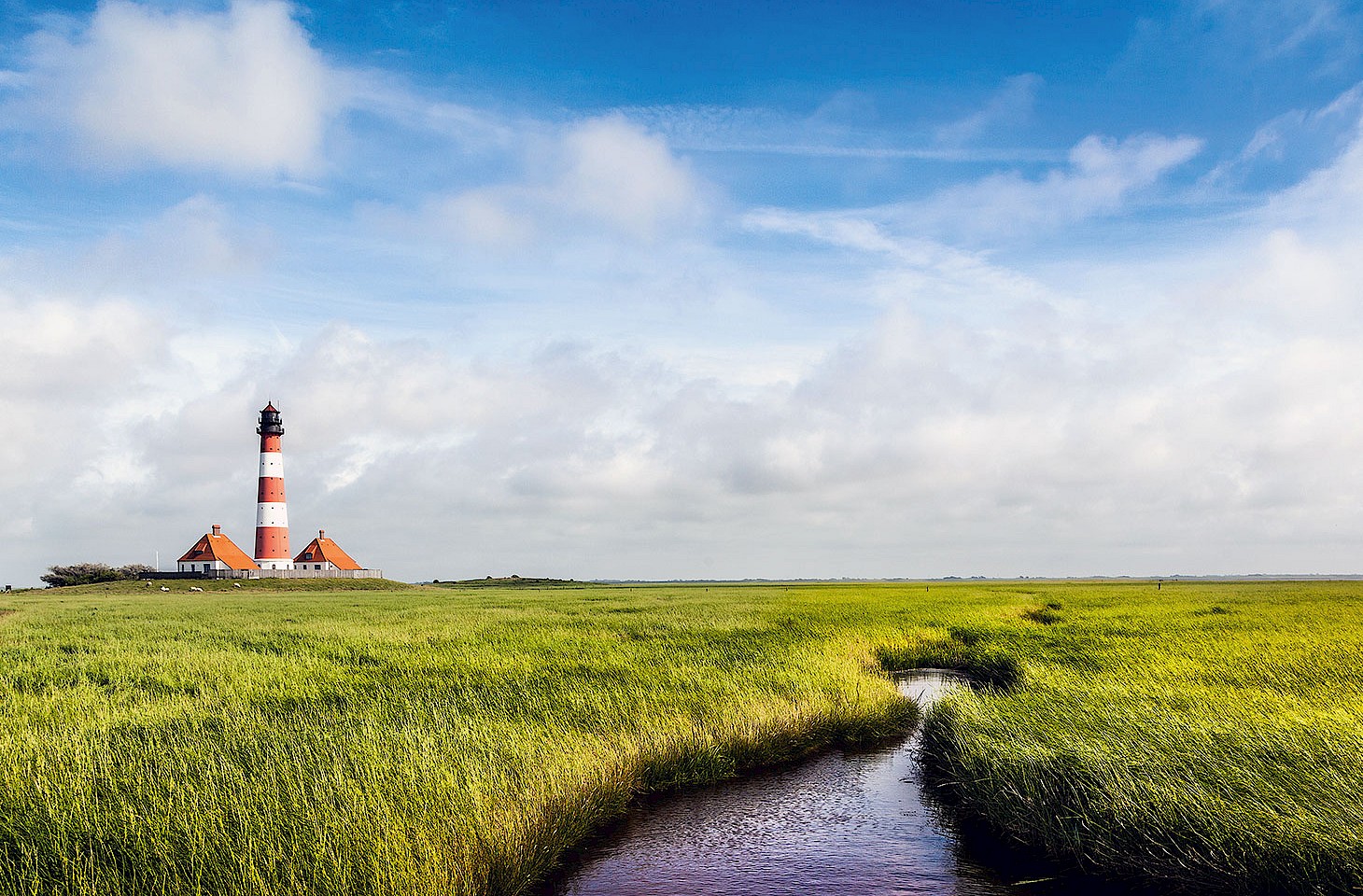Dear fellow travellers
For Liechtenstein's cows, 2005 has not been the easiest of years. The bovine population of the Alpine principality used to be the most laid back cows in Europe. Since a government crackdown earlier this year, the cows are no longer regularly fed hemp, an animal husbandry practice that ensured that the cannabis satiated creatures were the happiest cows on the planet. The cows may have changed their diet, but their homeland still warrants a little exploration.
Liechtenstein's rather sterile capital, Vaduz, is certainly a cow free zone, but there are ruminants aplenty in the pastoral villages to the southeast. These places still exude a relaxed Alpine charm that the capital lost decades ago. One of our favourites is Triesenberg, a steep climb up from Vaduz, on a shoulder of land overlooking the Rhine valley. Wooden houses, lavish window boxes and one of the last outposts of Walserdeutsch, a variety of German that even the people down the hill in Vaduz cannot comprehend. Nowadays, the Walser dialect is spoken in no more than three dozen communities across Europe; Triesenberg is the only one in Liechtenstein. Outside the principality, Walser German is found in high mountain villages in eastern Switzerland, the Austrian Tyrol and northern Italy.
Schengen (Luxembourg)
Driving along the Moselle Valley in Luxembourg recently we found ourselves in the small village of Schengen. It is a place that would surely never figure in our mental maps, were it not for the curiosity that twenty years ago the Schengen treaty was signed here. The village lies just a stone's throw from the borders with both Germany and France and it is just the sort of place that stood to benefit from the relaxation of border controls between neighbouring countries.
From small beginnings in 1985, when five States agreed to drop frontier controls, the number of signatories now exceeds two dozen. Switzerland is the latest to agree to join the Schengen fold, and negotiations with Liechtenstein are underway. If, as seems likely, the principality joins the Schengen group, the passport stamps which we obtained upon entering Liechtenstein from Austria may soon become a piece of diplomatic history. Thanks to the Schengen accord we now criss-cross many European borders without so much as having to pause for a passport check.
Schengen itself oozes devotion to the European ideal and the main plaza, appropriately called Europe Square, has a monument to the 1985 treaty. On a sunny autumn afternoon, as Beethoven's Ode to Joy spilt out of a café onto the square, the village of Schengen, with its multilingual signs and open borders, seemed somehow to be further along the road to European integration than many other parts of our continent.
issue 5: contents
hidden europe 5 is published next week - on Friday 4 November. The full extended table of contents, with extracts from articles and a selection of texts in pdf format for free download, can already be viewed online (click here).




